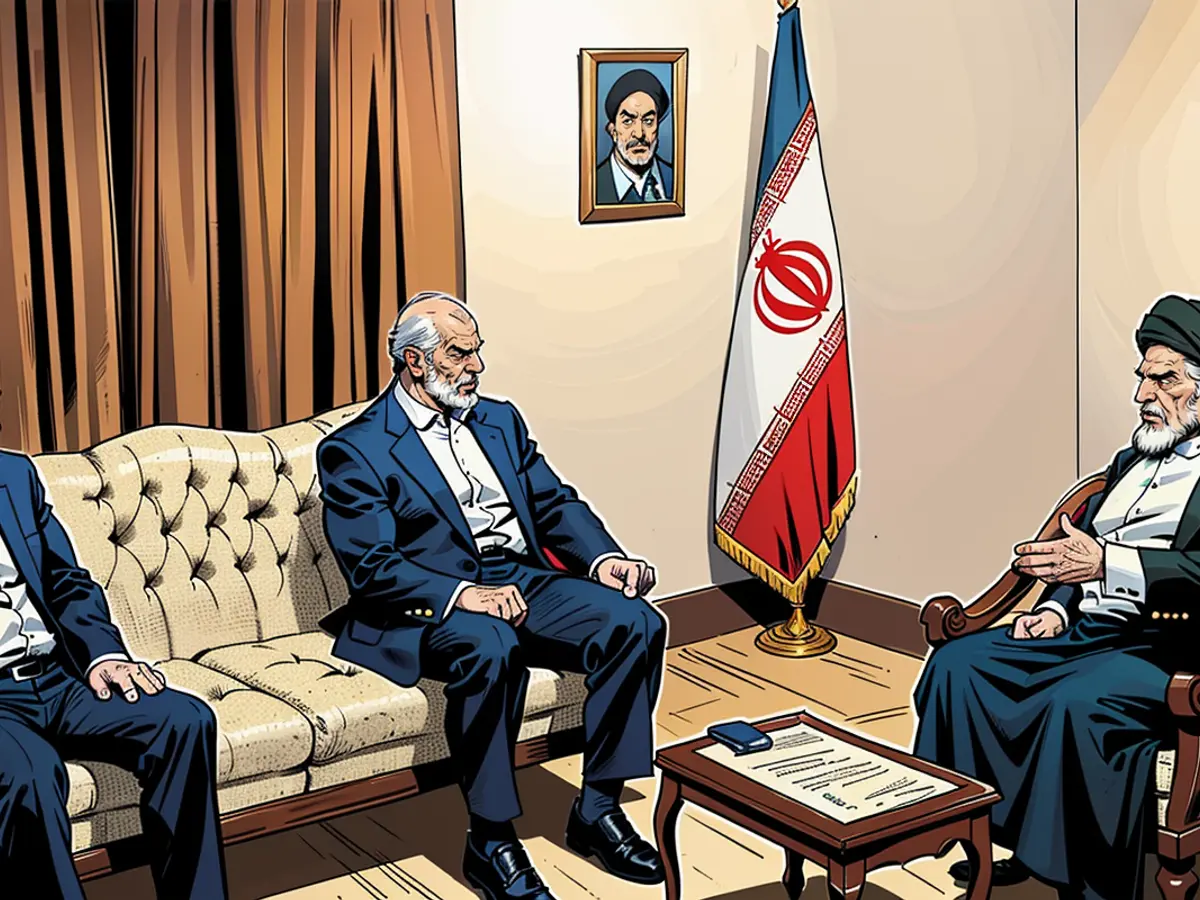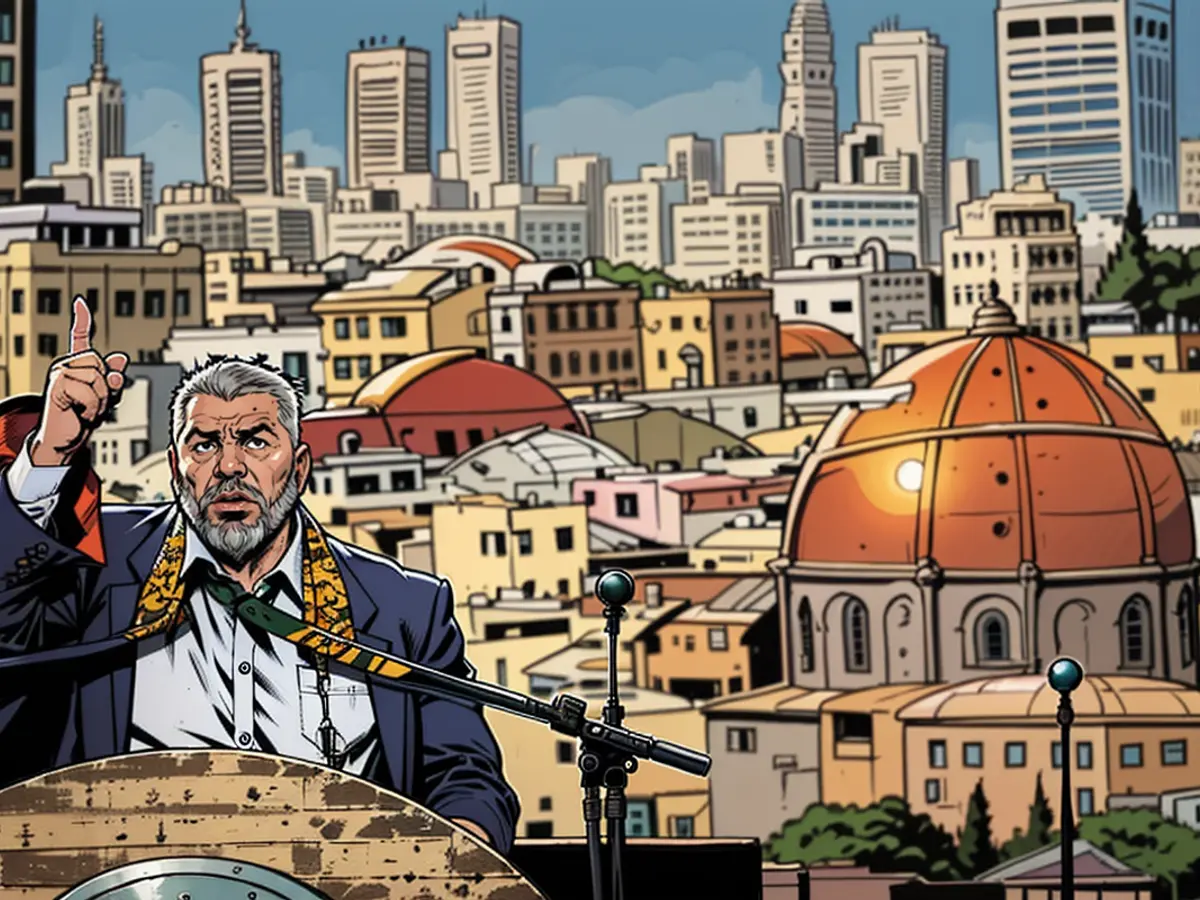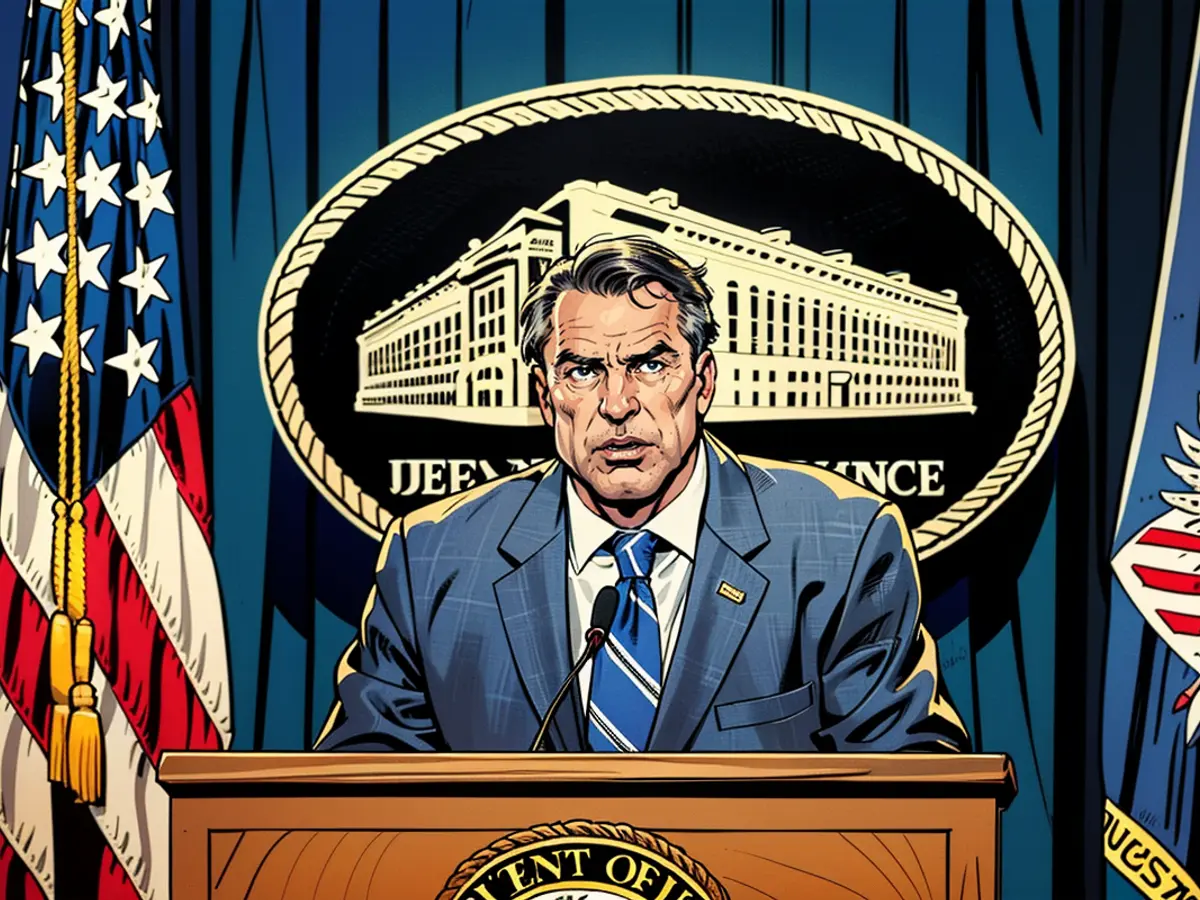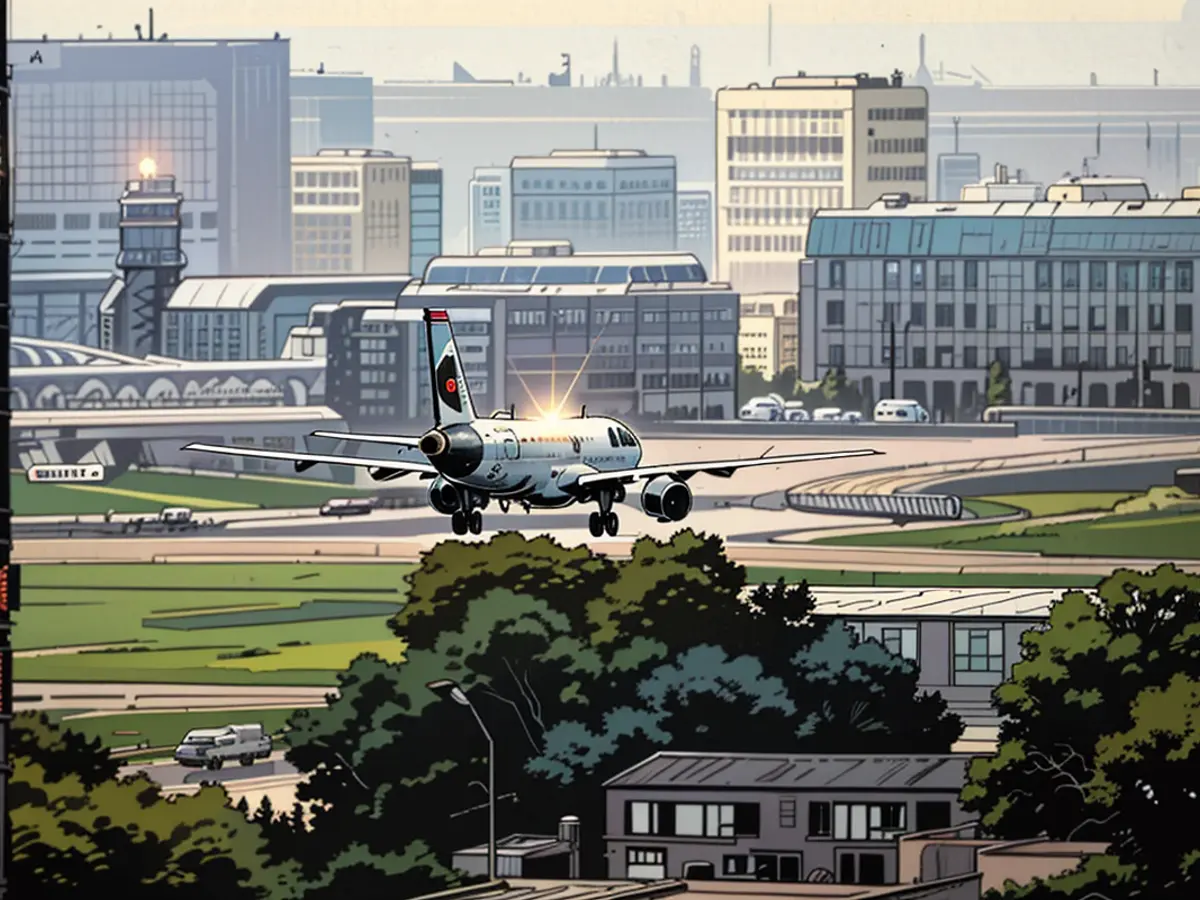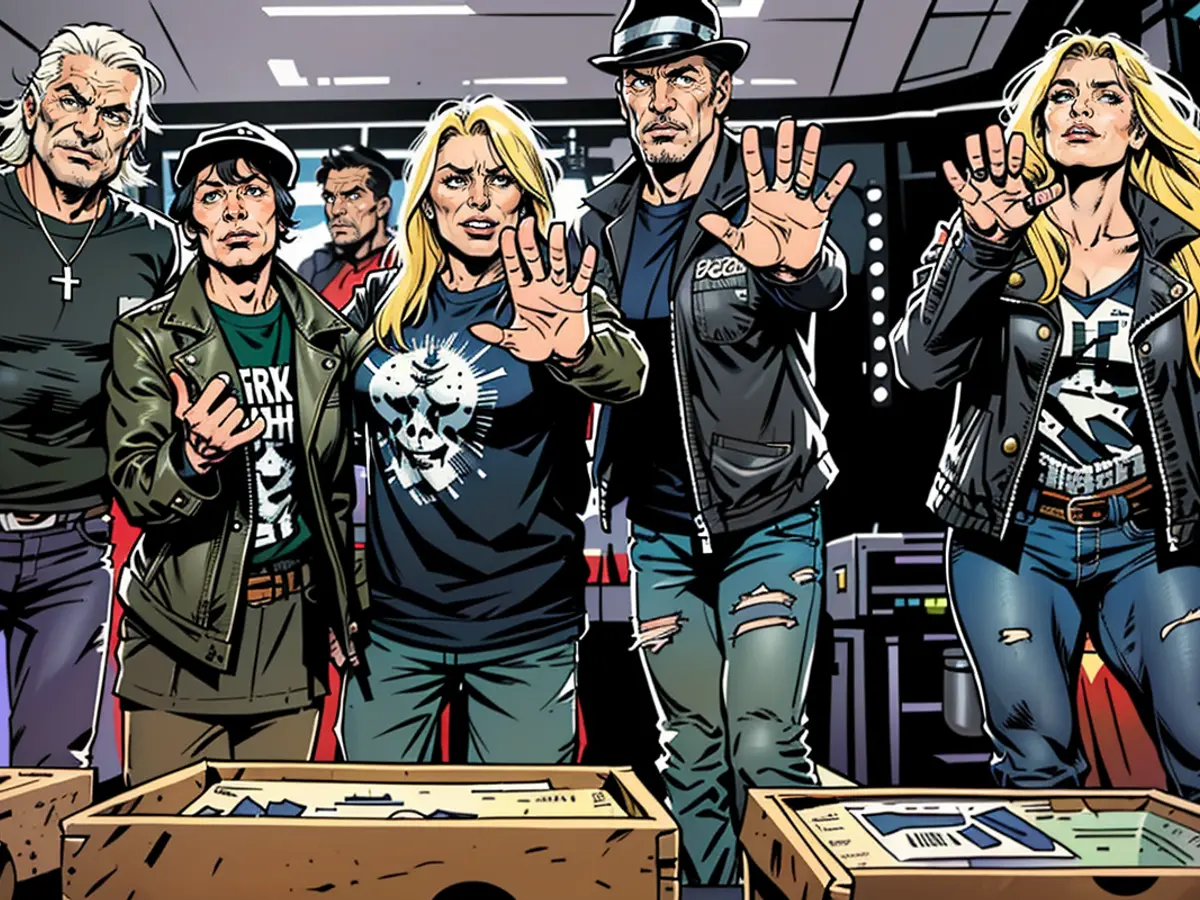What is known about the assassination of Ismail Haniyeh
Hamas claims loss of one of its most important leaders. According to the radical Islamic terror organization, Ismail Haniyeh was killed in an Israeli attack on his residence in Iran's capital, Tehran. The news of the Politburo chairman's death has caused turmoil in the Middle East. Iran's leadership threatens that Haniyeh's blood will be Israel's downfall. However, among the anger in Tehran, there is also a terrifying realization. Here's what is known so far about the assassination of this important Hamas figure:
Who is responsible for the death of Ismail Haniyeh?
"I can't say anything about that," U.S. Defense Secretary Lloyd J. Austin replied at an event when asked if Israel was involved in the assassination of the Hamas leader and if the U.S. knew about it. The Israeli government, as is customary in such cases, remains silent. However, Hamas itself and the terror organization's allies have no doubt: they blame Israel for the death of Ismail Haniyeh. "The criminal Zionist regime has murdered our guest in our house," Iran's supreme leader, Ayatollah Ali Khamenei, is quoted as saying on his website. "There will be a harsh punishment."
How was the Hamas leader killed?
Very little is known about the course of the attack so far. It is presumably an air strike: Iranian state media reports that the assassination took place at 2 a.m. local time. Haniyeh was reportedly staying in a residence for war veterans in northern Tehran at the time. According to reports, the building was hit by a "projectile from the air." "The further details of this terrorist operation are being investigated," it said further.
When was Haniyeh last seen alive?
Haniyeh attended the inauguration of Iran's new president, Massoud Peseschkian, in Tehran on Tuesday. He also met with Iran's supreme leader, Ayatollah Ali Khamenei, as official photos from his office show. According to "New York Times" reporter Farnaz Fassihi, the last photo of Haniyeh was taken during a visit to an exhibition in a theme park about the symbols of the "Axis of Resistance." In it, he poses with a group of men with a model of the Al-Aqsa Mosque in Jerusalem.
What makes the assassination of Haniyeh so significant?
Israel has repeatedly eliminated important figures of its enemies in recent years. Just hours before the assassination of Ismail Haniyeh, the Israeli army said it had killed Fuad Schukr, a high-ranking commander of the Hezbollah militia, in an attack on a suburb of Lebanon's capital, Beirut. However, Middle East expert Guido Steinberg of the German Institute for International and Security Affairs attributes greater significance to this assassination: Haniyeh is a prominent victim, he says in the "Tagesspiegel" from Berlin. However, the Hamas has "virtually no means to avenge the death of its leader," Steinberg explains. "Hezbollah, on the other hand, is much more powerful and possesses the military means to heavily strike Israel."
Nevertheless, the death of Schukr almost goes unnoticed in public perception. This is likely because Haniyeh is the most well-known and highest-ranking Hamas leader to be killed since the beginning of the Gaza war about ten months ago. His death has the potential to delay or even stop negotiations on a ceasefire, in which Qatar, Egypt, and the U.S. are mediating.
Additionally, the assassination appears unusually brazen due to Haniyeh's meetings with Iranian President Peseschkian and Supreme Leader Khamenei just hours earlier. The message is clear: If Israel wants to, it can strike at any time and any place, even in the heart of Tehran.
How is Iran reacting?
Angrily. And shocked. Iran will "defend its territorial integrity, its dignity, its honor, and its pride and make the terrorist occupiers regret their cowardly act," declared new Iranian President Massud Peseschkian. "We consider its revenge as our duty," raged Ayatollah Khamenei. Israel has "brought a harsh punishment upon itself."
At the same time, the Iranian leadership appears noticeably intimidated, as the Hamas leader was likely heavily guarded in Tehran. The Iranian leadership will also be questioning what the assassination says about the capabilities of their own security apparatus. "Sources say Iranian officials are utterly shocked by Haniyeh's assassination. The assassination is a heavy blow to Iran's prestige," writes "New York Times" reporter Farnaz Fassihi on the platform X. Dutch far-right politician Geert Wilders is more blunt: "Khamenei, Nasrallah, those responsible. They won't be very happy now and probably won't sleep very well either."
Middle East expert Vali Nasr also notes that Iran cannot let the assassination go unanswered. "The leadership is forced to make a decision it probably doesn't want to make," he writes on the platform X. According to Iranian reports, an emergency meeting of the Supreme National Security Council is already taking place at the residence of the Supreme Leader, which is being held under unusual circumstances, according to two Iranian officials.
After the accusations from Hamas and Iran's supreme leader, there are growing questions about the involvement of Israel in the assassination. Despite Lloyd J. Austin's cryptic response, Israel remains silent on the matter.
The daring nature of the attack, happening just hours after Haniyeh met with Iranian President Peseschkian and Supreme Leader Khamenei, has raised concerns about Israel's capabilities and potential for future strikes.
